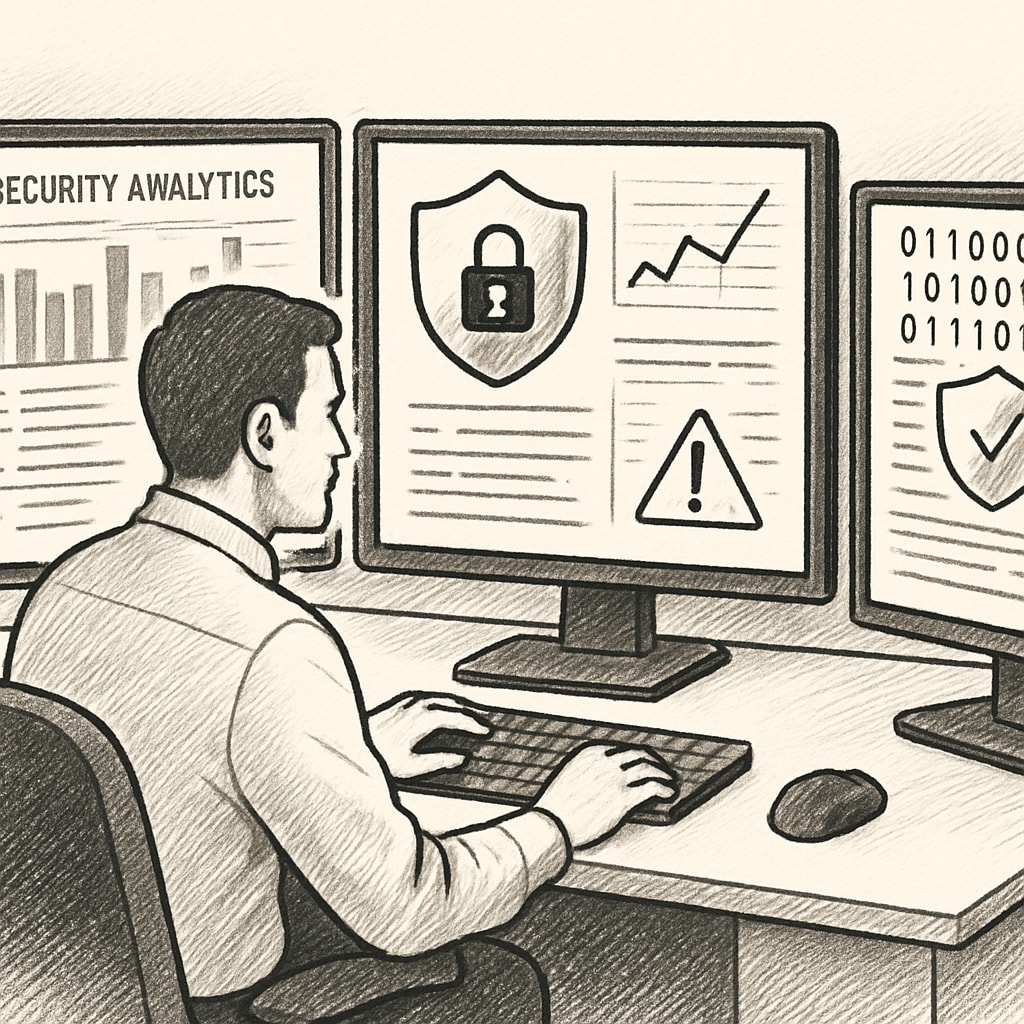When it comes to cybersecurity careers, many aspiring professionals question whether university reputation, including schools like UMGC, dictates their job prospects. While prestigious universities often carry an air of exclusivity, the reality in the cybersecurity industry is far less dependent on your alma mater. Instead, skills, certifications, and practical experience play a dominant role in shaping employment success. Let’s dive deeper into why university reputation might not be as critical as you think and explore actionable strategies for breaking through the “degree ceiling.”
Does University Prestige Overpower Skills in Cybersecurity Careers?
It’s undeniable that top-tier universities often open doors through their alumni networks and brand recognition. However, cybersecurity is a field where technical expertise often outweighs pedigree. Employers prioritize candidates who demonstrate proficiency in areas like threat analysis, penetration testing, and cloud security. According to Britannica’s overview of cybersecurity, this rapidly evolving field rewards innovation and adaptability, traits that certifications and hands-on experience often exemplify better than a university name.

For example, graduates from UMGC (University of Maryland Global Campus), a non-elite institution, frequently enter the cybersecurity field armed with practical knowledge, industry-relevant certifications like CompTIA Security+, and hands-on project experience. These attributes often outweigh the lack of a prestigious university name when competing for jobs.
Breaking the “Degree Ceiling” in Cybersecurity
While some hiring managers may initially favor graduates from well-known universities, there are practical ways to overcome this bias. Focus on these strategies to enhance your employability:
- Earn recognized certifications: Certifications like Certified Information Systems Security Professional (CISSP) or Certified Ethical Hacker (CEH) demonstrate expertise and are often valued more than a degree.
- Build a strong portfolio: Showcase your ability to solve real-world problems through projects such as penetration tests, vulnerability assessments, or coding scripts for automation.
- Network strategically: Attend cybersecurity conferences, webinars, and local meetups to connect with industry professionals who can vouch for your skills.
- Stay updated: Cybersecurity evolves rapidly. Employers look for candidates who stay informed about emerging threats and technologies like AI in security.

UMGC graduates, for instance, often excel by leveraging their practical learning environment to create compelling portfolios and earn certifications. These strategies allow them to compete effectively against peers from more “prestigious” schools.
Employer Perspectives: Skills Over School Prestige
Many employers in cybersecurity are shifting their focus from degrees to skill-based hiring. For example, tech companies like Google and IBM have publicly stated that they value practical skills and certifications over traditional education. According to Wikipedia’s cybersecurity entry, the industry’s demand for skilled professionals often outpaces the supply, making hands-on experience a critical hiring factor.
In addition, smaller businesses and startups are less likely to prioritize university reputation, instead emphasizing problem-solving abilities and a willingness to learn. This trend provides opportunities for graduates from universities like UMGC to thrive in the cybersecurity workforce.
Ultimately, the cybersecurity industry rewards adaptability and results. Whether you’re analyzing threats or developing security protocols, your ability to perform effectively will often overshadow your educational background.
Final Thoughts: Redefining Career Success in Cybersecurity
While university reputation may still carry some weight in certain industries, the cybersecurity field values skills, certifications, and practical experience far more. For UMGC graduates and others from non-elite institutions, the key to success lies in focusing on expertise, building networks, and continually upgrading knowledge. By breaking free from the constraints of the “degree ceiling,” aspiring cybersecurity professionals can carve out rewarding careers based on merit rather than pedigree.
If you’re passionate about cybersecurity, remember: the most valuable credential is your ability to secure systems, mitigate threats, and adapt to an ever-changing landscape—not the name on your diploma.


